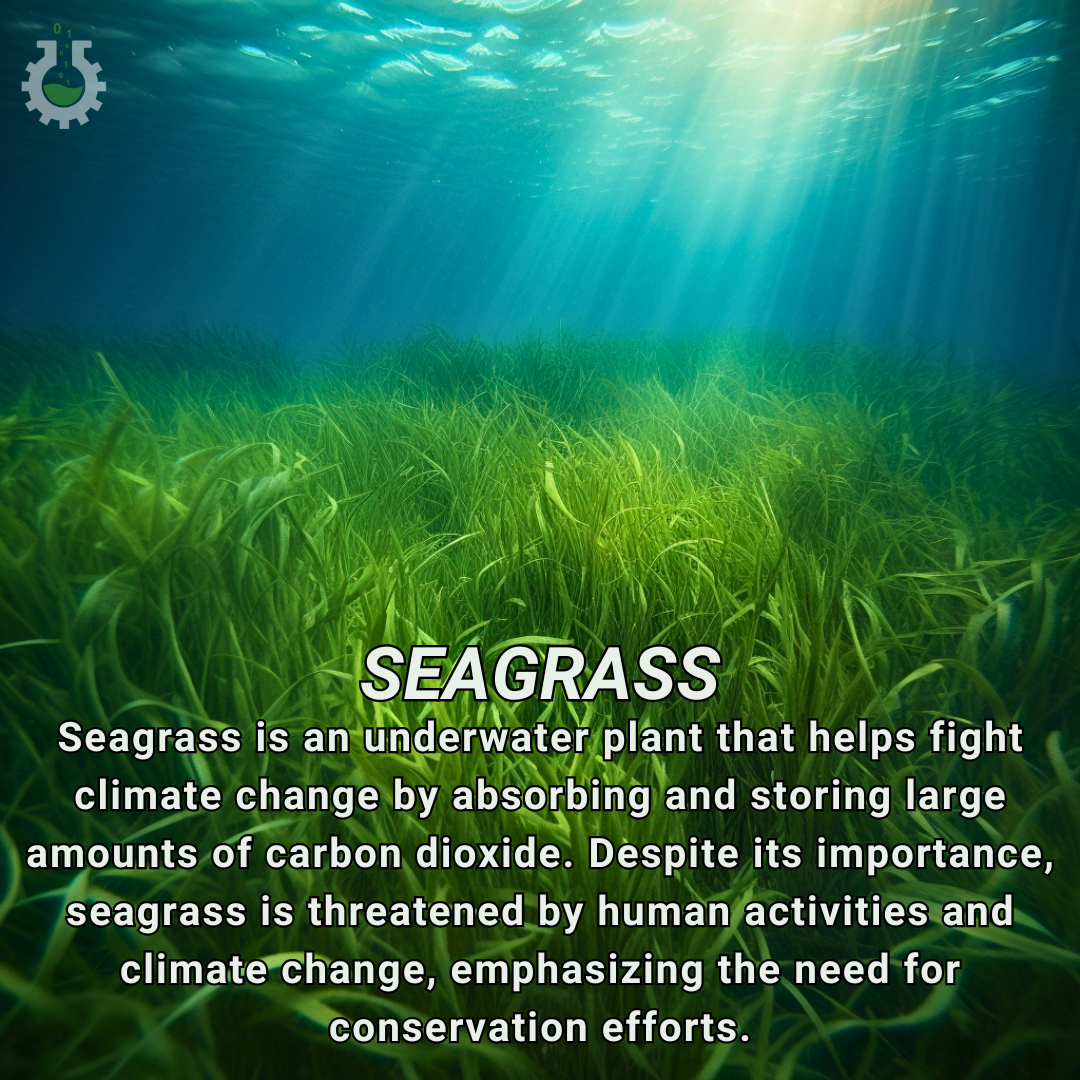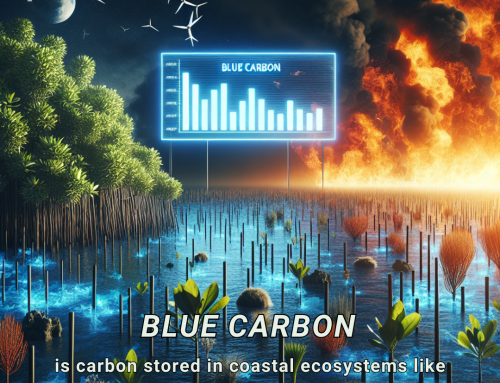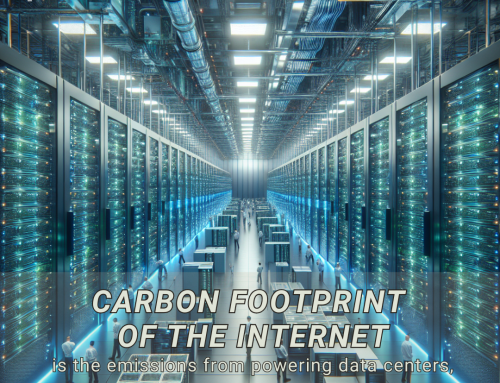Project Description
Seagrass is a type of underwater flowering plant that grows in shallow, coastal waters around the world. It plays a crucial role in mitigating climate change due to its exceptional ability to absorb and store large amounts of carbon dioxide from the atmosphere, making it a powerful carbon sink. Seagrass meadows can store up to 83,000 metric tons of carbon per square kilometer, which is twice as much as terrestrial forests. By capturing and storing carbon, seagrass helps to reduce the levels of greenhouse gases in the atmosphere, thereby contributing to the fight against global warming. Additionally, seagrass provides numerous other ecological benefits, such as protecting coastlines from erosion, filtering water pollutants, and serving as a vital habitat for marine life. However, seagrass meadows are under threat from human activities and the effects of climate change itself, emphasizing the need for conservation and restoration efforts to preserve these valuable ecosystems and their role in mitigating climate change.








